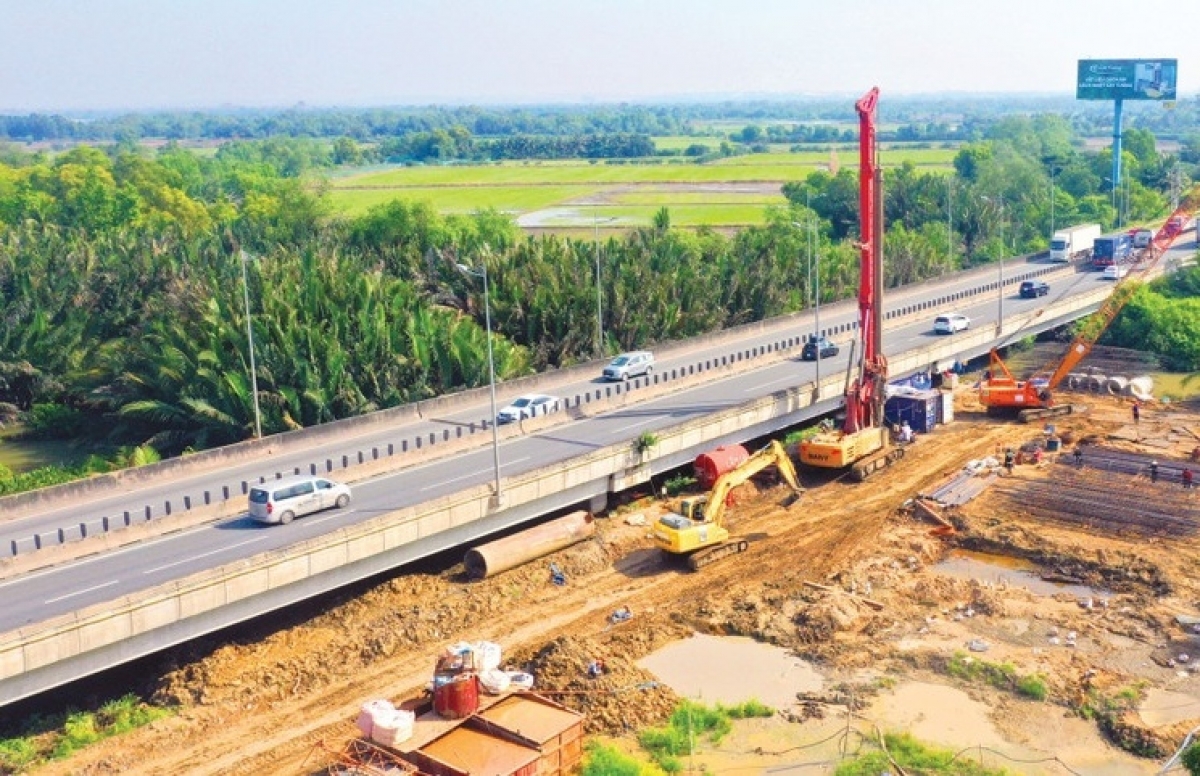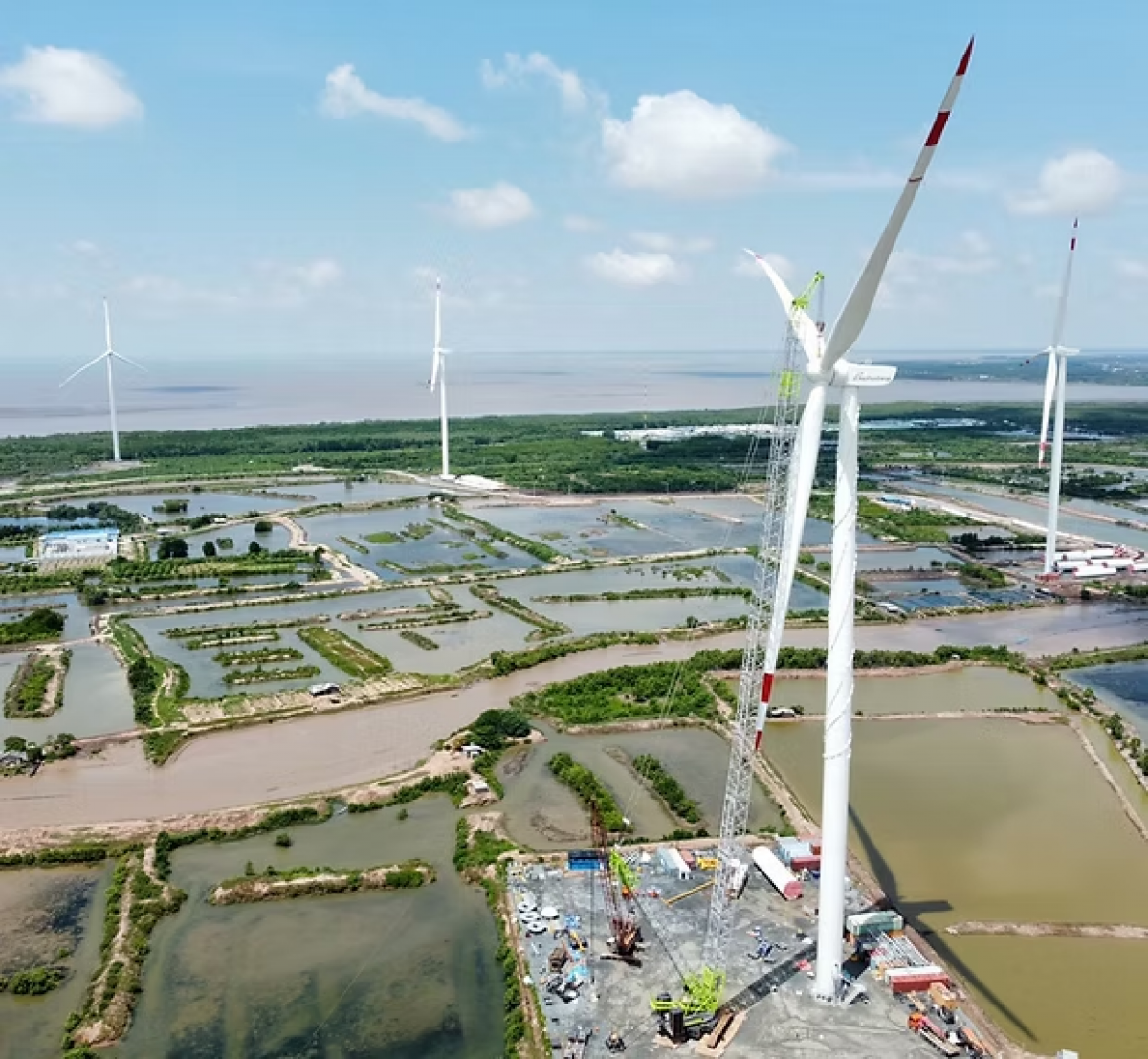INTERNATIONAL INVESTMENT
AND PORTAL
The current business environment, post-pandemic, presents an opportune moment for NextGen to take the reins, said 'PwC’s Global NextGen Survey 2024 - Vietnam report: Succeeding in an AI-driven world.' With ever greater disruptions and complexities arising from technological advancements and global shifts, there exists a wealth of opportunities for innovation and entrepreneurship – areas where the new generation of leaders excel.
The PwC Global NextGen survey was first released in 2013, with the edition in 2022 focusing on the emerging role of NextGen during the pandemic.
Two years on, in Viet Nam specifically, 52 per cent of NextGen respondents from the survey are now occupying leadership positions, a substantial increase from 29 per cent in 2022.
Along with that positive signal, there is a growing awareness among NextGen regarding succession planning, with 72 per cent indicating involvement in the process and 39 per cent actively participating in plan development, compared to 58 per cent and 26 per cent in 2022 respectively.
Stepping into leadership roles amid the dawn of technological disruption, Vietnamese NextGen’s focus, however, remains steadfast on securing the prosperity of their family businesses. Specifically, 39 per cent of participating young leaders prioritise growth as a top business imperative, underscoring their commitment to driving forward momentum.
Aside from business growth, technology adoption is also one of the top priorities for NextGen in the next two years.
They emphasise the importance of strengthening the technological foundation (36 per cent) and ensuring that employees possess the necessary skills to embrace new technologies (33 per cent). This acute understanding of the key ingredients for business success demonstrates NextGen’s clear vision of what drives success in the new era.
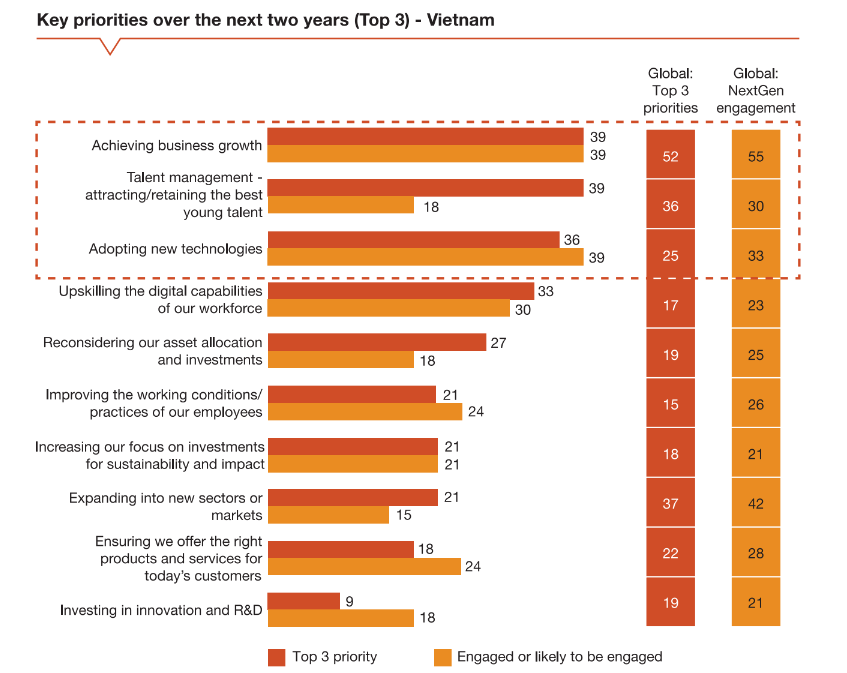 Vietnamese NexGen’s key priorities over the next two years, in comparison with global NextGen AI as a key megatrend
Vietnamese NexGen’s key priorities over the next two years, in comparison with global NextGen AI as a key megatrend
According to the 27th Annual Global CEO Survey - Asia Pacific 2024, technological advancements, notably led by innovations like generative AI (GenAI) have intensified the call for CEOs to adapt their strategies. An overwhelming 77 per cent of business leaders in the region anticipate substantial shifts in how their companies generate, deliver and capture value within the next three years, all due to the influence of GenAI.
Echoing this sentiment, Vietnamese NextGen are also increasingly intrigued by the transformative potential of GenAI. The research reveals an impressive 82 per cent of Vietnamese NextGen expressing personal enthusiasm for exploring GenAI and 55 per cent feeling personally well-versed in it.
This reflects a widespread recognition of GenAI’s power among the younger cohort of leaders. Moreover, 67 per cent even share a strong consensus regarding GenAI’s potential as a powerful tool for business transformation.
According to the report, Vietnamese family businesses are largely in the early stages of adopting these new technologies, with 64 per cent yet to explore AI.
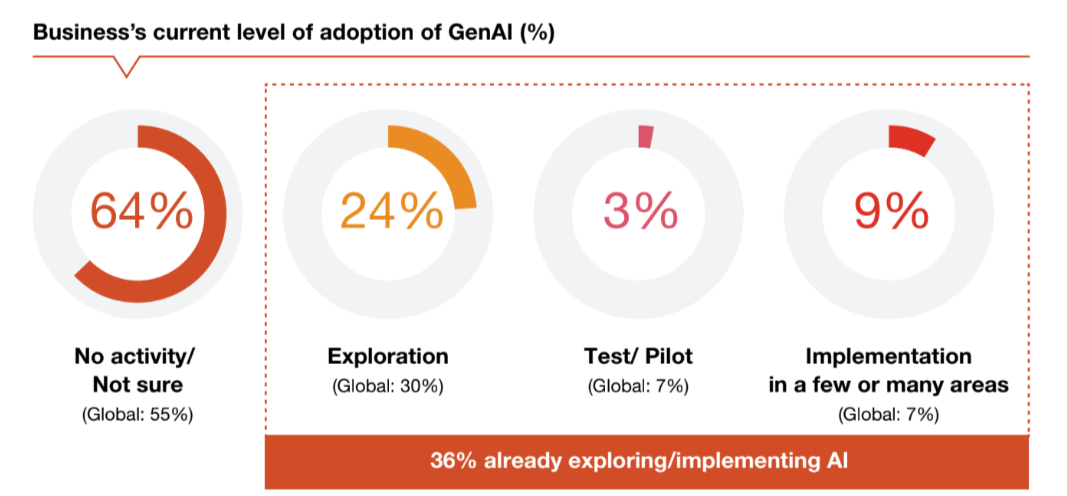 Business’s current level of adoption of GenAI
Business’s current level of adoption of GenAI
However, there are still promising signs of change. Nearly one-third of family businesses in Vietnam reveal that they are currently exploring and piloting AI-related initiatives, compared to 37 per cent of respondents globally who are at these stages.
76 per cent of surveyed young leaders say their business is likely to be involved in such initiatives in the future. This indicates an optimistic outlook towards the adoption of this emerging technology within the Vietnamese business landscape.
Johnathan Ooi, Entrepreneurial & Private Business Service Leader, PwC Vietnam said, “In the ever-evolving landscape of business and technology, the emergence of GenAI stands as a transformative force, reshaping industries and redefining the very nature of leadership."
"The NextGen in Vietnam are not mere spectators to this paradigm shift, but are poised to step into leadership roles, armed with a keen understanding of the significance of AI and its implications for future strategies. More than ever, they have the capacity to shape their family businesses and make an impact as they take up responsibilities as stewards of their businesses.”
Navigating opportunities and challengesVietnamese NextGen view GenAI as a catalyst for business transformation, anticipating benefits such as increased employee productivity (39 per cent), cost savings (39 per cent), and enhanced customer experiences (36 per cent). This highlights the strategic significance of embracing AI in today's competitive landscape, positioning family businesses for success in the digital age.
Additionally, in discussions about workforce upskilling, Vietnamese NextGen reaffirm the critical role of AI. Over half of them believe that GenAI will play a key role in enhancing the digital capabilities of their workforce, surpassing the global average of 41 per cent. By leveraging AI-driven insights and automation, businesses can effectively equip their teams with the digital skills necessary for success.
While AI advancements present undeniable opportunities, they also pose potential challenges and risks for Vietnamese NextGen. 73 per cent foresee that AI will intensify competition in the market over the next three years, indicating growing pressure to stay ahead in an increasingly AI-driven landscape. Additionally, 70 per cent feel challenged to keep up with AI evolution, and 48 per cent find it difficult to know how to capitalise on AI.
Furthermore, over half of NextGen in Vietnam express concerns about the potential increase in cybersecurity risks associated with GenAI adoption. This reflects a heightened awareness of the vulnerabilities that may arise from the use of these new technologies, such as data breaches, privacy infringements, and cyberattacks. Other risks include the spread of misinformation (52 per cent), legal liabilities and reputational risks (52 per cent) and bias towards specific groups of customers or employees (39 per cent).
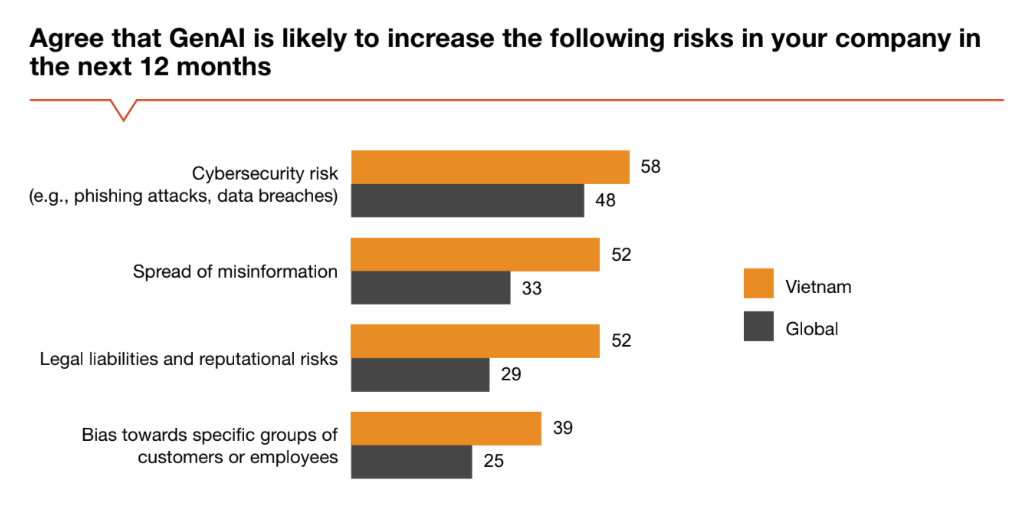 Risks might increase due to AI in businesses over the next 12 months
Risks might increase due to AI in businesses over the next 12 months
To mitigate these risks, Vietnamese NextGen are strongly encouraged to establish robust governance frameworks for Responsible AI, ensuring the ethical and effective deployment of AI technologies. This approach will also enable family businesses in Vietnam to foster trust among stakeholders and navigate a sustainable path to success within the evolving AI landscape.
 Addressing NextGen unique needs
Addressing NextGen unique needs
The next generation is ready to take the baton at Vietnamese family businesses, putting to the task their fresh ideas. However, many of them feel discouraged by the lack of opportunities for advancement and career development at these family businesses. Hoang Hung, Entrepreneurial and Private Business leader at PwC Vietnam, discusses with VIR’s Hoang Anh this conflict highlighted by PwC’s latest report.
 Averting family business shift pitfalls
Averting family business shift pitfalls
Between 2019 and 2022, a significant number of family conglomerates in Vietnam orchestrated a shift of operations towards their children. In 2023, despite not being as prominent, this wave continues amid various economic and social challenges. It is undeniable that the evolution in business dynamics calls for a transition, yet the journey is not always smooth sailing within the confines of Vietnamese family clans.
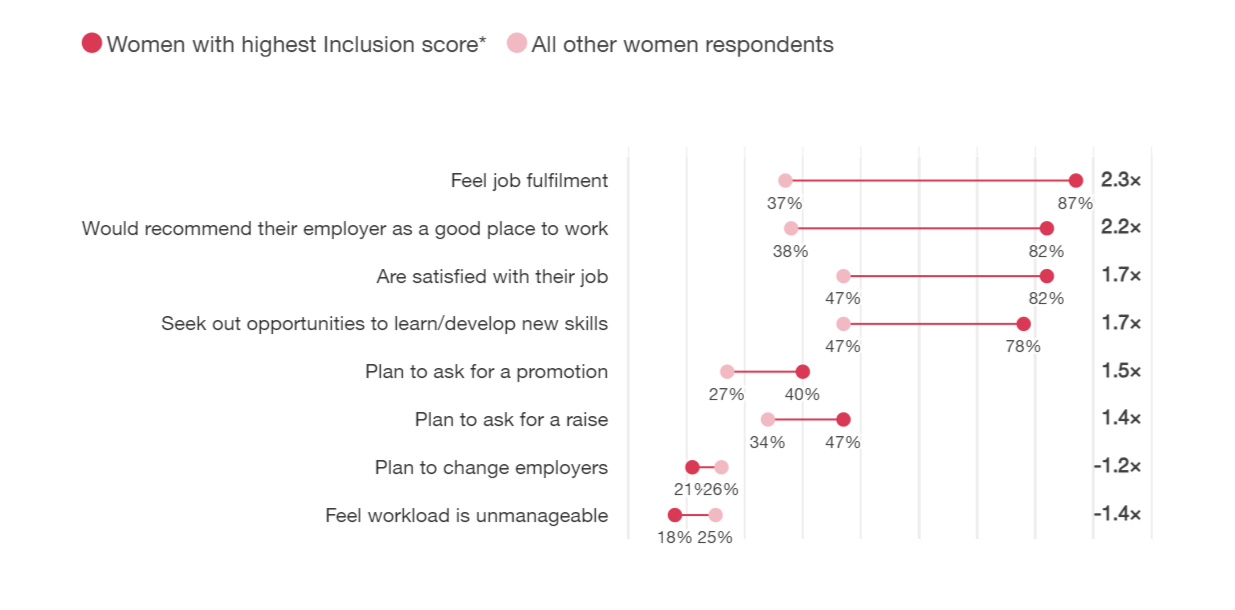 PwC study shows progress towards gender parity is still slow
PwC study shows progress towards gender parity is still slow
To mark International Women’s Day 2024, PwC released its Inclusion Matters report on March 7, finding that global progress on achieving gender parity at work continues at a sluggish rate.


